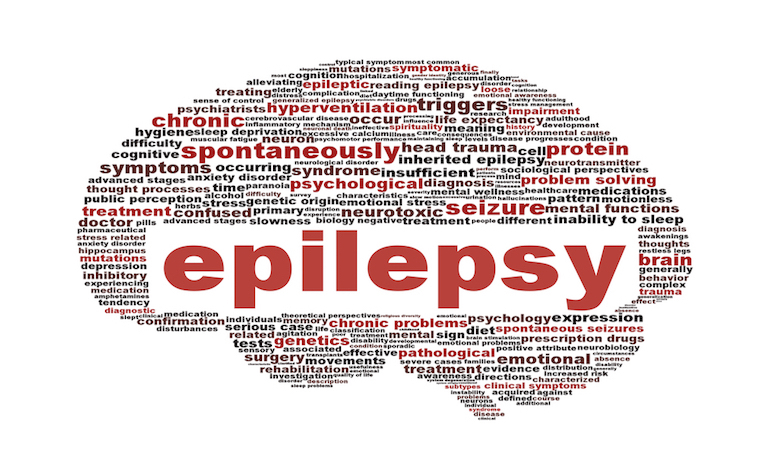
Leaders with the Epilepsy Foundation recently partnered with the American Epilepsy Society (AES) to award grants to two medical research, funding their work in researching and research training for epilepsy.
The grant will finance one year of mentored research training. In addition, it will offer one year of research funding for scientists who are just beginning their career in epilepsy-related research.
“The Epilepsy Foundation supports a series of grants and fellowships to advance the understanding of epilepsy that will lead to better treatment, more effective prevention and ultimately to a cure,” Brandy Fureman, vice president of research and new therapies at the Epilepsy Foundation, said. “We are proud to make this investment in training and early career support to new epilepsy researchers and clinician scientists. Our funding partnership with AES allows these recipients greater access to key networks in their professional community, which will further advance their careers. We look forward to seeing the results of their studies and the impact that they will have on the field.”
Dr. Christine Baca, from the University of California in Los Angeles, will use her grant funds to understand epilepsy transition care gaps from pediatrics to adulthood.
“Many children with epilepsy continue to have active seizures into adolescence and young adulthood,” she said. “Care for these individuals needs to transition and then be fully transferred from a pediatric to an adult provider. Transitions of care from pediatrics to adults can often be complex for adolescents with chronic medical conditions. This research project will examine the transition care gaps that exist for patients with epilepsy, evaluate predictors of transition care and then examine pediatric and adult epilepsy care provider perceptions of effective epilepsy transition care and clinic models. These results will be used to inform the development of a future transition care model.”
Dr. Kevin Murnane plans to use his grant to develop nanotechnology that could make new treatments for epilepsy. He conducts his work at Mercer University.
“A critical barrier in the epilepsy field is many drugs that could potentially be used to control seizures have properties that prevent them from entering the brain,” Murnane said. “In the proposed studies, we intend to focus on the development of a new technology to actively transport these compounds into the brain. We will focus our efforts on neuropeptide Y and oxytocin, as there is evidence that these compounds control seizure activity. We have generated exciting preliminary data supporting the use of our technology to transport these compounds into the brain, and these compounds are excellent prototypes with which to demonstrate the feasibility of our novel technology.”